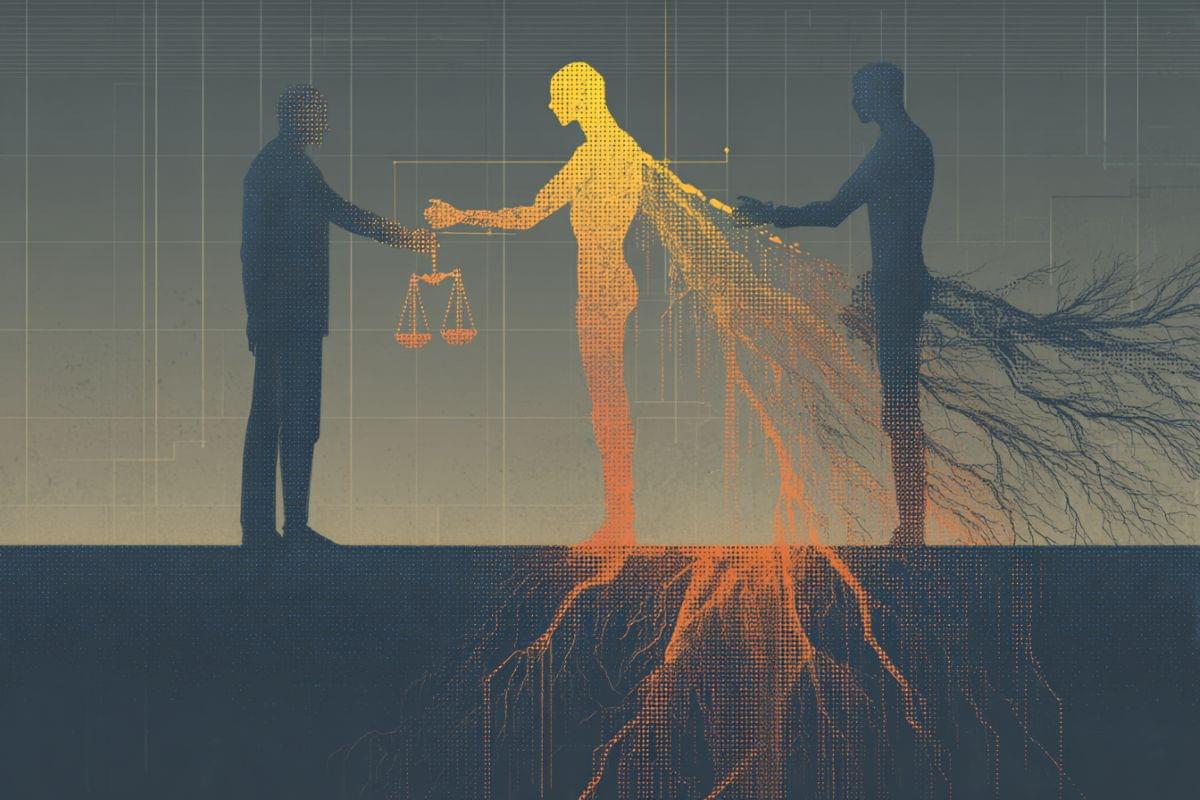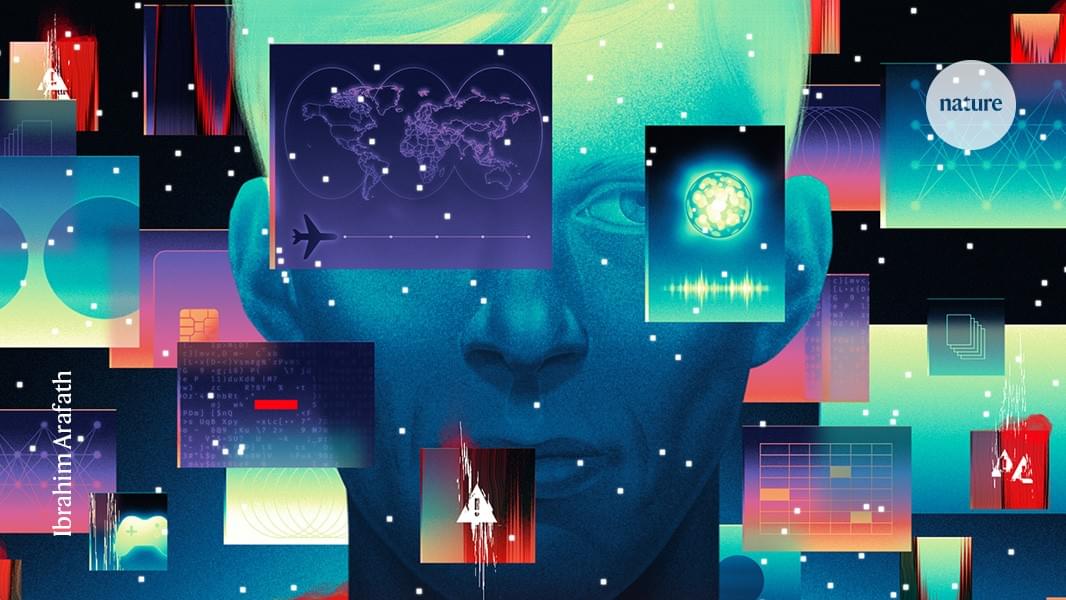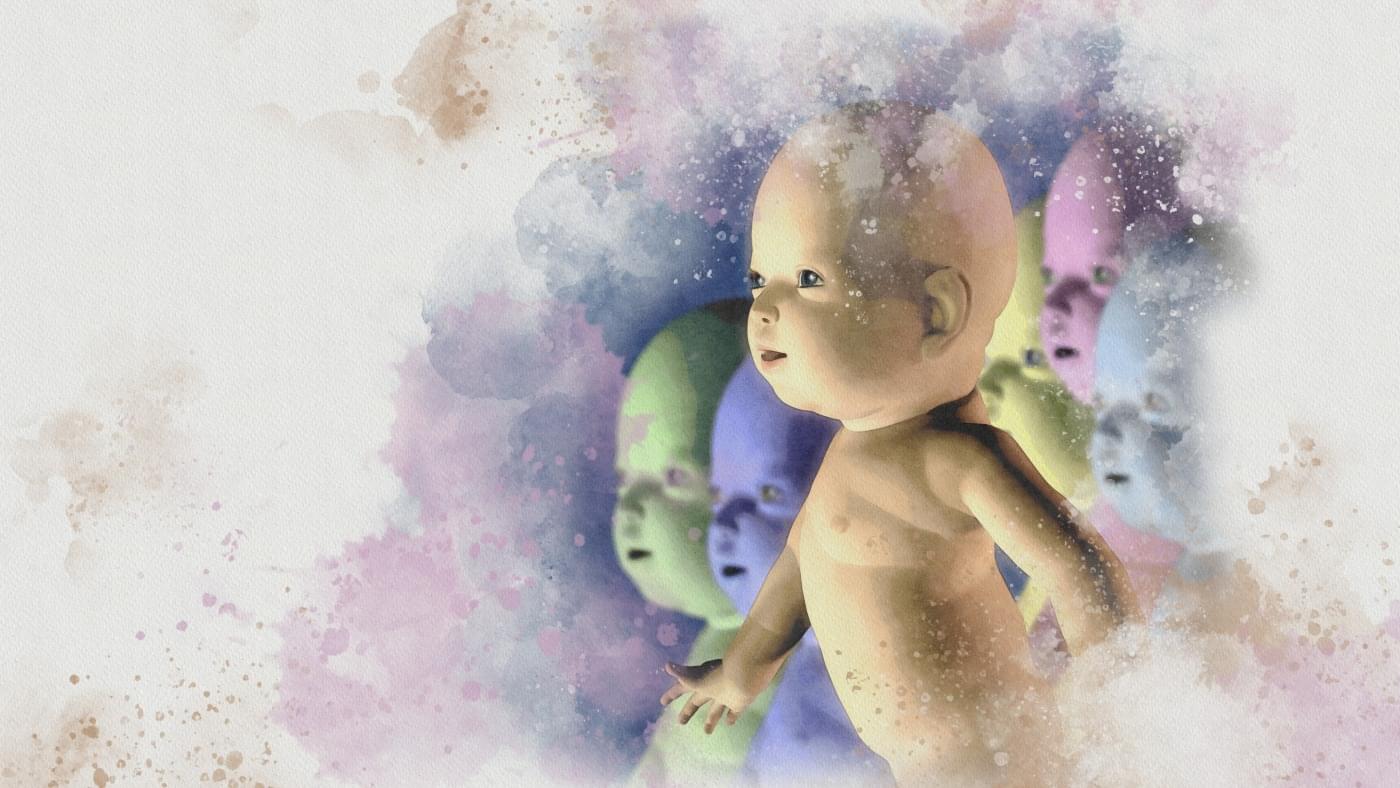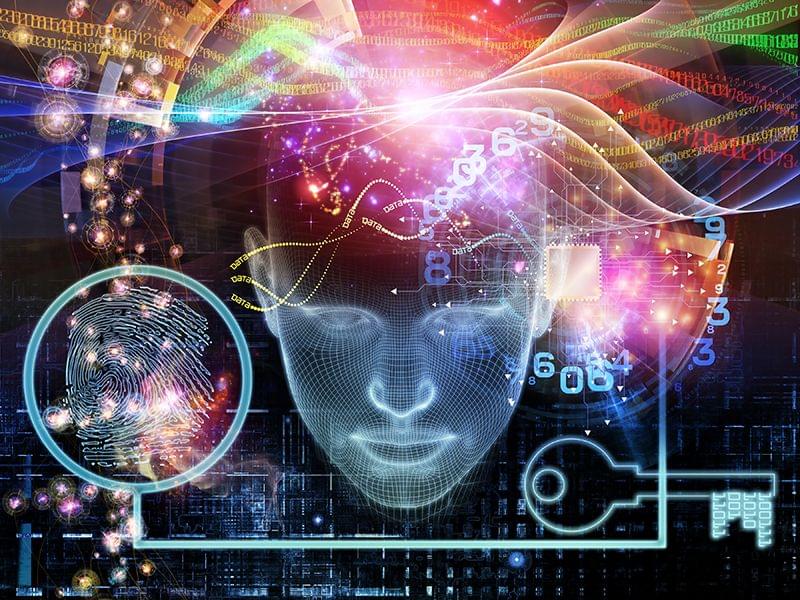A large study across 13 experiments with over 8,000 participants shows that people are far more likely to act dishonestly when they can delegate tasks to AI rather than do them themselves.


Elon Musk has revealed Tesla’s new AI chips, AI5 and AI6, which will drive the company’s shift towards AI-powered services, enabling significant advancements in Full Self-Driving capabilities and potentially revolutionizing the self-driving car industry and beyond.
## Questions to inspire discussion.
Tesla’s AI Chip Advancements.
🚀 Q: What are the key features of Tesla’s AI5 and AI6 chips? A: Tesla’s AI5 and AI6 chips are inference-first, designed for high-throughput and efficient processing of AI models on devices like autos, Optimus, and Grok voice agents, being 40x faster than previous models.
💻 Q: How do Tesla’s AI5 and AI6 chips compare to previous models? A: Tesla’s AI5 chip is a 40x improvement over AI4, with 500 TOPS expanding to 5,000 TOPS, enabling excellent performance in full self-driving and Optimus humanoid robots.
🧠 Q: What is the significance of softmax in Tesla’s AI5 chip? A: AI5 is designed to run softmax natively in a few steps, unlike AI4 which relies on CPU and runs softmax in 40 steps in emulation mode.
Mo Gawdat warns that AI will soon surpass human intelligence, fundamentally changing society, but also believes that with collective action, ethical development, and altruistic leadership, humans can ensure a beneficial future and potentially avoid losing control to AI
## Questions to inspire discussion.
AI’s Impact on Humanity.
🤖 Q: How soon will AI surpass human intelligence? A: According to Mo Gawdat, AI will reach AGI by 2026, with intelligence measured in thousands compared to humans, making human intelligence irrelevant within 3 years.
🌍 Q: What potential benefits could AI bring to global issues? A: 12% of world military spending redirected to AI could solve world hunger, provide universal healthcare, and end extreme poverty, creating a potential utopia.
Preparing for an AI-Driven Future.
WARNING: AI could end humanity, and we’re completely unprepared. Dr. Roman Yampolskiy reveals how AI will take 99% of jobs, why Sam Altman is ignoring safety, and how we’re heading toward global collapse…or even World War III.
Dr. Roman Yampolskiy is a leading voice in AI safety and a Professor of Computer Science and Engineering. He coined the term “AI safety” in 2010 and has published over 100 papers on the dangers of AI. He is also the author of books such as, ‘Considerations on the AI Endgame: Ethics, Risks and Computational Frameworks’
He explains:
⬛How AI could release a deadly virus.
⬛Why these 5 jobs might be the only ones left.
⬛How superintelligence will dominate humans.
⬛Why ‘superintelligence’ could trigger a global collapse by 2027
⬛How AI could be worse than nuclear weapons.
⬛Why we’re almost certainly living in a simulation.
00:00 Intro.
02:28 How to Stop AI From Killing Everyone.
04:35 What’s the Probability Something Goes Wrong?
04:57 How Long Have You Been Working on AI Safety?
08:15 What Is AI?
09:54 Prediction for 2027
11:38 What Jobs Will Actually Exist?
14:27 Can AI Really Take All Jobs?
18:49 What Happens When All Jobs Are Taken?
20:32 Is There a Good Argument Against AI Replacing Humans?
22:04 Prediction for 2030
23:58 What Happens by 2045?
25:37 Will We Just Find New Careers and Ways to Live?
28:51 Is Anything More Important Than AI Safety Right Now?
30:07 Can’t We Just Unplug It?
31:32 Do We Just Go With It?
37:20 What Is Most Likely to Cause Human Extinction?
39:45 No One Knows What’s Going On Inside AI
41:30 Ads.
42:32 Thoughts on OpenAI and Sam Altman.
46:24 What Will the World Look Like in 2100?
46:56 What Can Be Done About the AI Doom Narrative?
53:55 Should People Be Protesting?
56:10 Are We Living in a Simulation?
1:01:45 How Certain Are You We’re in a Simulation?
1:07:45 Can We Live Forever?
1:12:20 Bitcoin.
1:14:03 What Should I Do Differently After This Conversation?
1:15:07 Are You Religious?
1:17:11 Do These Conversations Make People Feel Good?
1:20:10 What Do Your Strongest Critics Say?
1:21:36 Closing Statements.
1:22:08 If You Had One Button, What Would You Pick?
1:23:36 Are We Moving Toward Mass Unemployment?
1:24:37 Most Important Characteristics.
Follow Dr Roman:
X — https://bit.ly/41C7f70
Google Scholar — https://bit.ly/4gaGE72
You can purchase Dr Roman’s book, ‘Considerations on the AI Endgame: Ethics, Risks and Computational Frameworks’, here: https://amzn.to/4g4Jpa5
Questions to inspire discussion.
Business Strategy and Market Impact.
💼 Q: How is Tesla positioning its robo taxi service in the market? A: Tesla is aiming to change the world towards sustainable transport, winning the first two-month race in deployment, service area, and metrics, rather than engaging in an “online dork battle” about robo taxis.
📊 Q: What’s Tesla’s approach to incidents in its robo taxi service? A: Tesla is carefully managing the launch to minimize the impact of incidents on reaching peak gross margin and revenue, prioritizing this over the cost of safety monitors.
FSD Supervised in Australia.
🦘 Q: How successful is Tesla’s FSD Supervised rollout in Australia? A: It’s considered a success story, with 8 cameras processing live information, navigating complex environments like Brisbane’s “spaghetti bowl” of ramps and exits, and handling roundabouts and highway merges.
A Chinese firm plans a humanoid “gestation robot” with an artificial womb, sparking debate over ethics and reproductive technology.



